Last week on instagram I posted about an article that has really stuck in my head. The basic premise is that the best food related things you can do for the environment are eating less mess (especially beef) and throwing out less food. I don’t eat a lot of beef so ✅ ✅ ✅ for that, but I have recently noticed that we’re throwing out more food than we used to. In the past (i.e. pre-baby and pre-pandemic) my husband and I would always “shop in our kitchen” before going to the store. We meal planned and we prepped things ahead of time. It felt very organized and, to be honest, pretty easy. I remember doing a video walking through my process with the Verdi instagram community and having so many people reach out telling me that it was simpler than they thought.
And yet, here I am, two years later throwing away some terrifying looking carrots that I unearthed from the back of my fridge crisper drawer. If it was so easy I wouldn’t be doing that, right?
It turns out that things are easier when they are at the top of your priority list (duh). When my husband and I were rarely throwing out food we were also spending a lot of time focused on meals. My husband was cooking a lot and I was regularly training for marathons and therefore focused on getting as much good, healthy food back in my body after runs as soon as was physically possible.
Now, my husband’s work schedule has changed and he’s cooking less. I’m enjoying short runs, but have no interest in running for 4 hours at a time anymore and we both are focused on spending time with our daughter. Food prep has decidedly moved down the priority list.
That being said, I still want to waste less food than we do. Part of that desire is based on environmental reasons, but part of it is also financial. Every time I throw moldy food in the trash (or in the compost bin) I see dollars being tossed in with it. Throwing out food is throwing out money, plain and simple.
Here’s what I’m trying:
I will make detailed grocery lists and will only let myself go “off list” a little bit (I mean, I’m not going to stop myself from trying those new almond butter covered almonds at Trader Joe’s if I want!)
Related, but not the same, I will never go shopping without a grocery list. That is asking for trouble
I will also stop talking on the phone at the store. That seems to cause me to go into a black hole and emerge from Sprouts with ice cream, yogurt covered raisins, and fancy olives, but zero vegetables or really zero ingredients for any meal other than dessert and/or cocktails.
Before making a list I’m going to review what is in my fridge and cabinet and make a note of what needs to be eaten pronto
I will loosely plan meals (as in I’m buying things for a couple options, but not deciding what day I’ll do what) based on that “about to go bad” list
I’d love to hear your thoughts, advice, or encouragement! Do you already have a good system in place that keeps you from throwing away food? Do you worry about the money that gets wasted or the environmental impact? Just hit reply to this email to let me know!
XOXO










